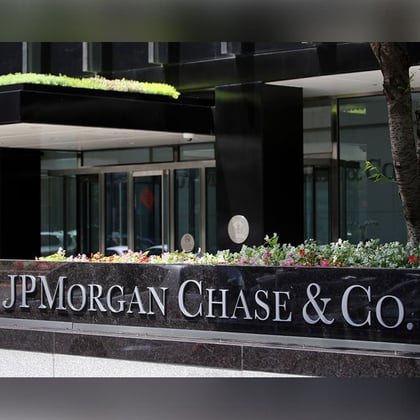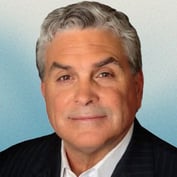JPMorgan Chase & Co. is working with U.S. regulators and walking them through its first set of generative AI pilot projects to ensure all controls are in place, as the bank attempts to bound ahead of rivals in deploying artificial intelligence in the highly-regulated industry.
“It’s about helping regulators understand how we build the generative AI models, how we control them, what are the new vectors of risk,” Lori Beer, JPMorgan’s global chief information officer, said in an interview. “It’s not only what we need to think about, but what they should think about,” she said, adding that it’s critical to engage early.
The release of ChatGPT a year ago prompted banks to hire for AI-related positions and begin testing uses for generative AI, which can summarize documents, write emails and churn out clever responses to users.
JPMorgan is hiring and moving more aggressively than most. Chief Executive Officer Jamie Dimon called AI “extraordinary and groundbreaking” in his annual shareholder letter, and said it could be integrated into “every single process” of the firm’s operations.
JPMorgan is currently testing AI applications that can generate earnings summaries for every company that the bank tracks, as well as a helpdesk service that provides precise problem-solving steps instead of merely sending customers links to related articles to address an issue, according to Beer.
“We’re piloting, we’re learning, we’re figuring out,” Beer said in an interview from a conference room named Innovation Lab in a sprawling office park located on the Outer Ring Road stretch in the suburbs of Bangalore, India’s technology hub. “Based on what we learn, it’s going to be the first half of next year at the earliest before we’re ready to say anything is in production.”
Technology Tools
JPMorgan has applied to trademark IndexGPT, described in the application as a product offering investment advice to customers, but Beer said it was merely an application and not a product in development. ”It’s not a tomorrow thing, it’s one of the spaces in which we’ve been working, and we want to protect our IP,” she said.
JPMorgan also created a tool that scans speeches by Federal Reserve officials to detect policy shifts and glean signals for trading.
Beer, based in New York, oversees all of the bank’s technology operations and manages the firm’s 57,000-person tech workforce with a $15 billion annual budget. She was on a weeklong visit to India, which houses a third of the bank’s technologists.
Her exuberance for AI came through in the conversation, which she peppered with words like “accelerate,” “transformative” and “new paradigm.”








 November 09, 2023 at 11:37 AM
November 09, 2023 at 11:37 AM












 Copyright © 2024 ALM Global, LLC. All Rights Reserved.
Copyright © 2024 ALM Global, LLC. All Rights Reserved.